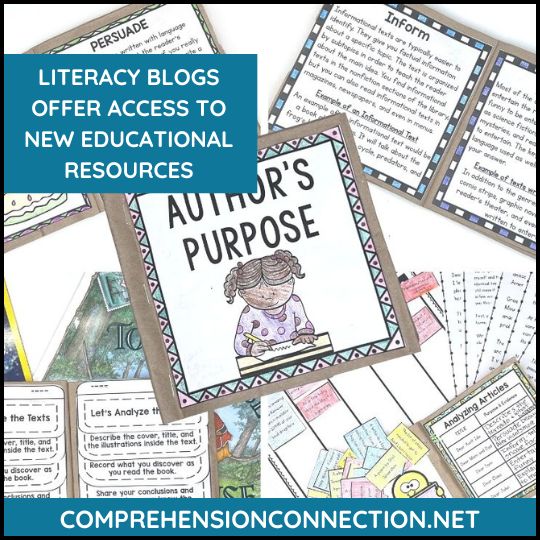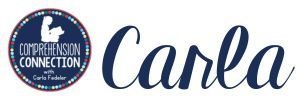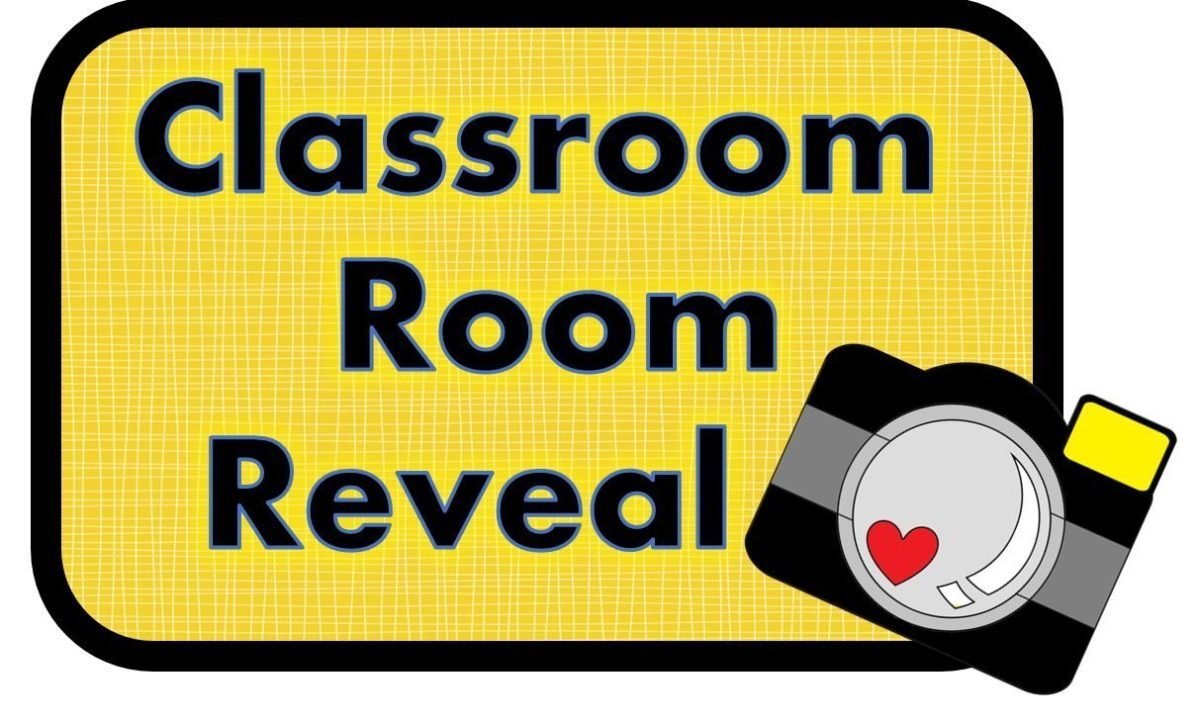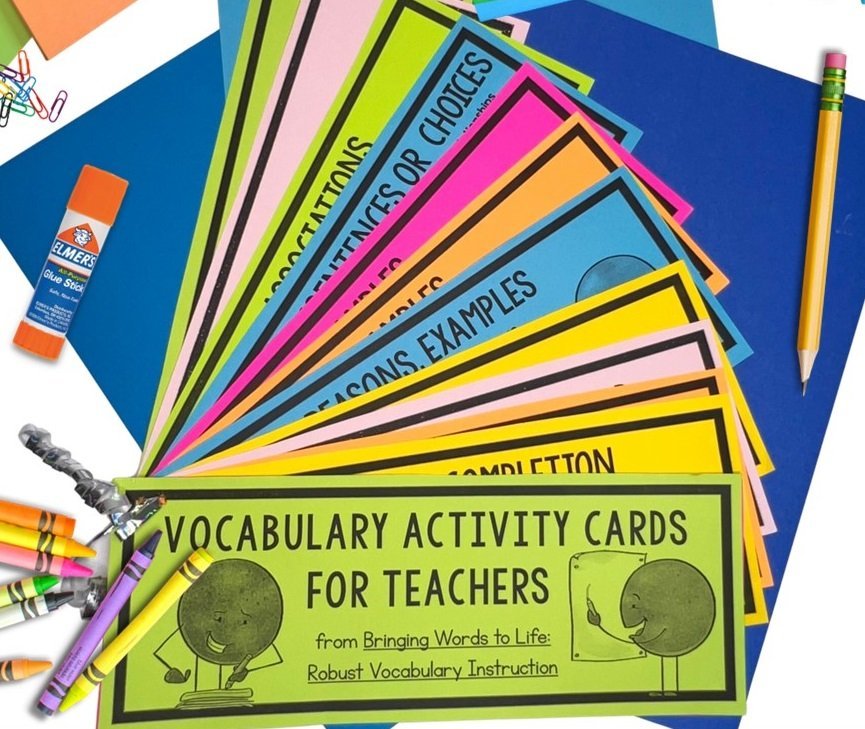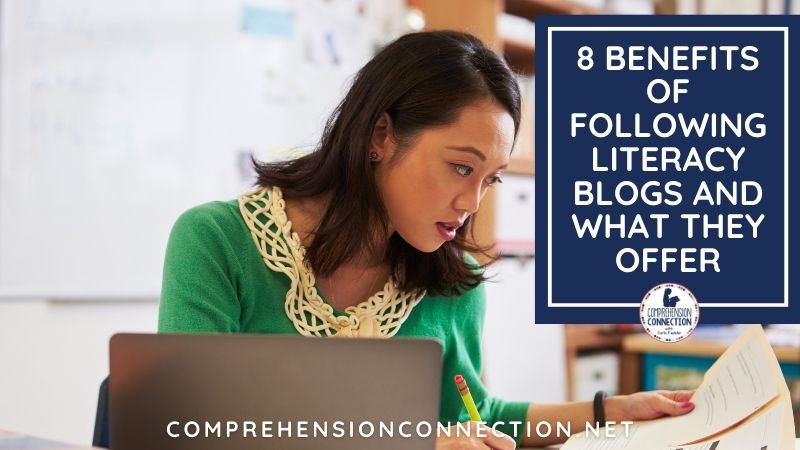
Teaching a child to read isn’t just a matter of putting books in their hands. Students need explicit instruction that includes a foundation built on phonemic awareness and phonics. As hard as we try, none of us have all of the answers for every child. Parents and teachers can certainly find books about how to teach a child to read, but I think literacy blogs also have a lot to offer.
In this post, I’d like to share some of the benefits parents, homeschooling moms and dads, and classroom teachers get from visiting sites like mine. I’ve come up with eight ways literacy blogs help their readers. I am curious to see if you agree. Read on and see what I missed.
Literacy Blogs Provide Reading and Writing Instructional Tips
This one is probably pretty obvious as this would be the main take away of a literacy blog, right. One of my main goals is to share tips, strategies, and activities to enhance instruction for reading and writing. If you search my site for specific reading comprehension skills like theme, characterization, or making predictions, I can assure you there will be mentor text lessons and activity ideas for each. This post on Minds in Bloom includes four reading comprehension activities you might like to try as an example. I recently updated the post and added free resources to it.
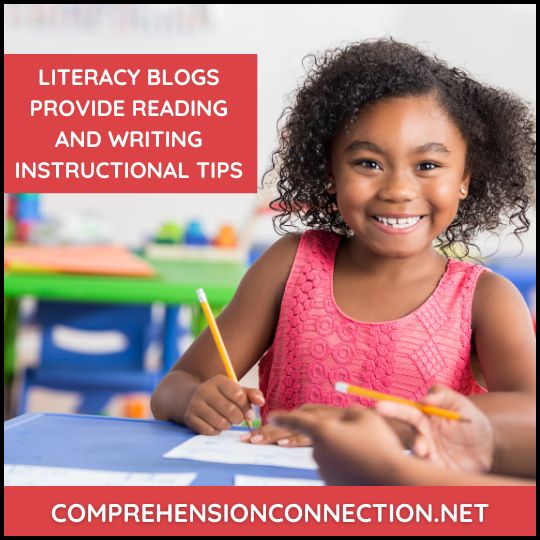
I also LOVE teaching writing with mentor texts and using the Four Square Method for essay writing. If your student is in the primary grades, Cathy at The WISE Owl offers a plethora of writing tips for educators (and early literacy lessons for emergent/beginning readers). She’s created a product line specifically using the Four Square Method for K/1 kids. This post on her site walks through the process and includes a free sample to try. I highly recommend checking it out to help you get started. Her ideas are phenomenal.
Literacy Blogs offer Access to New Educational Resources
Most literacy blogs recommend books, tools, and other resources, keeping you updated on the latest trends in literacy education. With the push toward the Science of Reading, you’re likely seeing a need for hands-on activities that adhere to SOR principles. Generally, a reading curriculum doesn’t meet every single child’s needs. Teachers may find they need to supplement with additional practice opportunities or tutoring lessons to support kids who don’t master skills the first time. My friends, Emily at The Literacy Nest and Andrea from This Literacy Life provide helpful Orton Gillingham based tips, lessons, and activities. Certainly, if your child needs help with phonemic awareness and phonics, visit their sites.
Literacy Blogs Feature Books that Highlight Diversity & Inclusion
Literacy bloggers often discuss a wide range of genres, cultures, and topics, broadening your understanding of different literary voices and styles. I absolutely love talking about the importance of kids seeing themselves mirrored in the books we read. On my site, this post explains why diverse texts are important, and this post includes my favorite titles for Black History Month (which really should be all year long). This post was part of a blog hop where each blogger featured a favorite diverse text. You can see resources for diverse books here.
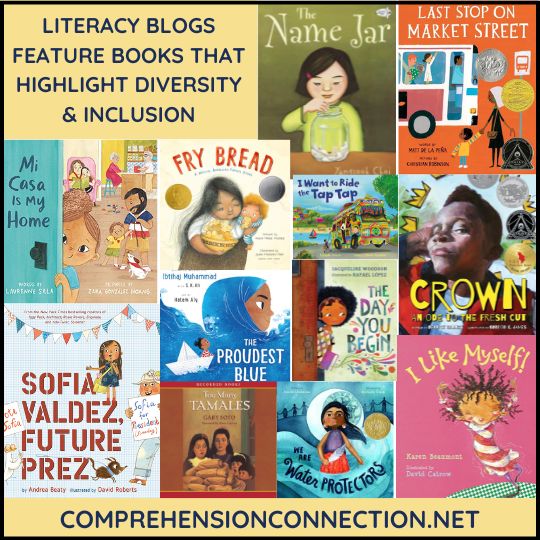
You Can Find Practical Teaching Ideas on Literacy Blogs
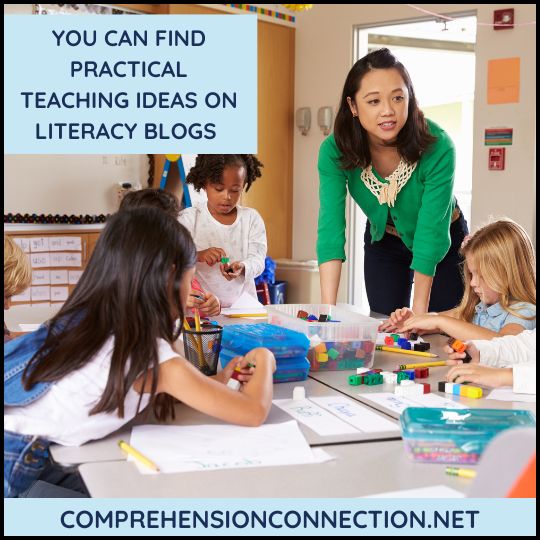
For educators, literacy blogs offer lesson plans, teaching strategies, and creative ideas for engaging students as they grow as readers and writers. Teaching isn’t easy, and what works for one group of students may not with another group. Melissa at The Reading Roundup includes skill focused blog content that includes activity ideas you might check out, and my friend, Jen at Stories and Songs in Second shares great tips for building fluency in this collection of posts. I also have found Laura Candler’s site extremely helpful. Be sure to look at her file cabinet and other amazing resources.
Literacy Blogs Help Educators Staying Updated on Research
Many blogs cover recent studies in education and literacy. This is a huge help in keeping readers informed about new findings and best intervention practices. Some of my favorite sites for reading research are Lead in Literacy, Amplify, Shanahan on Literacy, Learning at the Primary Pond, and Reading Rockets. In the coming months, this will be a focus on my site as it is so important to use best practices in our lessons.
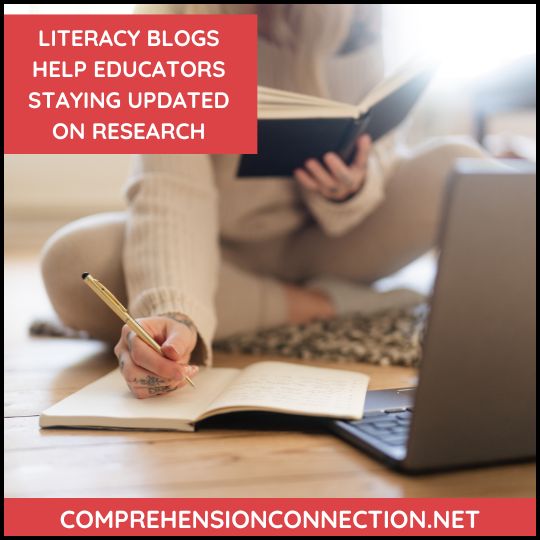
Literacy Blogs foster the Opportunity to Connect With Others
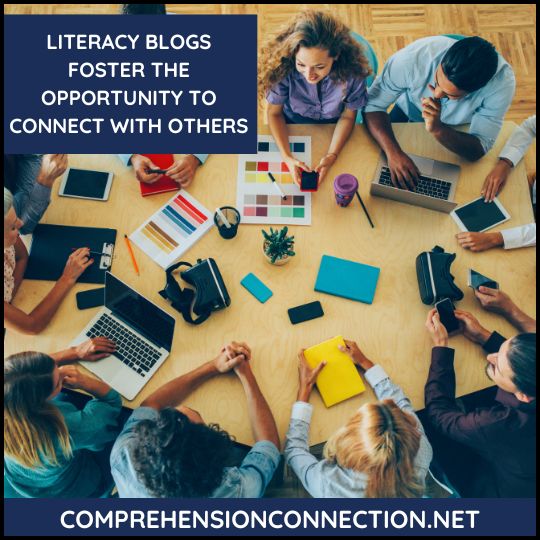
Social media isn’t all bad. It does give classroom teachers and reading specialists the chance to bounce ideas off of each other. For years, I was the only reading specialist in my building, so online connections helped me find ideas for specific kids and specific needs. We have to think out of the box sometimes, and if you can join a Facebook group or follow a few literacy blogs, I do think it would help you connect with others in the field. I’m retired now, but I definitely want to continue fostering these relationships and stay connected to the classroom.
These communities allow you to engage with like-minded individuals—teachers, parents, or fellow readers—who share insights and experiences that you may find are similar to what you are working with at the moment. I personally prefer Facebook groups just for the ability to set the privacy and for a bit more dialogue.
Literacy Blogs Provide Motivation and Inspiration
Teaching is so hard right now given the political climate, increased demands for rigor and changes with the Science of Reading practices, and the impact of Covid on our students. Reading about others’ literacy journeys, success stories, and struggles can inspire you to set new goals and challenges in your reading and writing life. It’s like going to a conference. You always leave with inspiration of what you want to try in your own classroom.
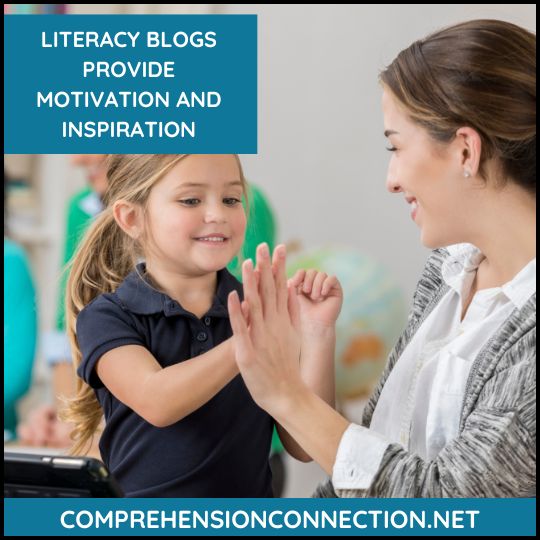
Literacy Blogs Always Include Book Recommendations
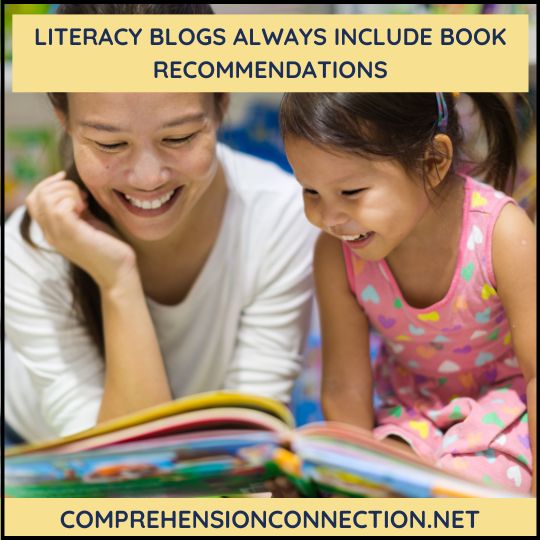
Literacy bloggers often review books and provide curated reading lists. I love sharing picture books that provide exemplars for learning key skills. I love helping you discover new authors and genres you may not have considered. Please check out these posts for titles and ideas.
For other sites that provide rigorous literature focused lessons, I recommend visiting Keep Em Thinking. Susan has many years of experiences with gifted education. Ironically, these ideas also transfer well to intervention. I believe the kids will meet whatever challenges we give them if we scaffold and help them get there.
As you can see, there are so many benefits that make literacy blogs a valuable resource for personal and professional growth. I know there are many I failed to mention. Perhaps I need to write a sequel post to give you a few more for the list, but I know all I mentioned here offer fabulous content. I hope that you will bookmark their sites and follow them on social media to catch new articles and resources as they add them. If you have favorites, I would love for you to share them in the comments below.
Until next time…happy reading and teaching!








